Grilling is more than just cooking; it's an experience that brings people together.
What's the difference between Charcoal Grills and Gas Grills?
Grilling has become a global pastime, and with the popularity of grilled foods, more and more restaurants, outdoor dining, and even commercial kitchen equipment are grilling. The choice between charcoal grills and gas grills is a hot topic among BBQ enthusiasts and professionals alike. Charcoal grills, known for their smoky flavor and traditional grilling experience,are powered by charcoal—either briquettes or lump, while gas grills offer the convenience of propane-fueled flames. The purpose of this article is to compare these two types of grills, delve into their strengths and weaknesses, and explore their usefulness in both home and commercial environments such as barbecue restaurants. To help readers make an informed decision based on their grilling needs and preferences.
Understanding Charcoal Grills
Charcoal grills are the quintessential choice for those seeking the classic, smoky taste that only charcoal can provide. These grills are celebrated for their role in backyard cookouts and are increasingly finding their way into commercial kitchens for their ability to deliver that sought-after barbecue flavor. The primary types of charcoal grills include the iconic kettle grill, the versatile barrel grill, and the heat-retaining ceramic grill, each designed to cater to specific culinary needs.
The operation of a charcoal grill involves igniting the charcoal, which can be done using a variety of methods such as a chimney starter, and then positioning the coals to achieve the desired heat pattern for cooking. This allows for a variety of cooking techniques, from searing meats to slow-smoking dishes. In the realm of commercial kitchen equipment, charcoal grills are valued for their flexibility and the deep, rich flavors they contribute to a variety of dishes, making them a popular choice among BBQ restaurants and other food service operations.
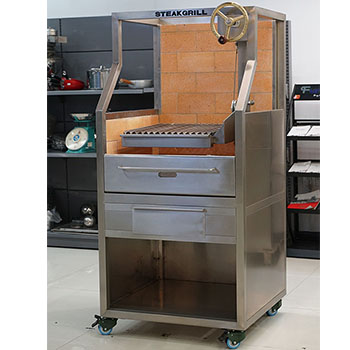
Charcoal Grills – Pros vs. Cons
2. Portability: Charcoal grills are often lightweight and easy to transport, making them an excellent choice for outdoor events, camping trips, or simply moving from one part of your yard to another.
3. Cost-Effective: Operating a charcoal grill can be more economical, especially when using charcoal as the fuel source, which is generally less expensive than propane gas.
Eco-Friendly: Opting for natural lump charcoal can reduce your environmental footprint, as it is a byproduct of hardwood and burns cleaner than briquettes.
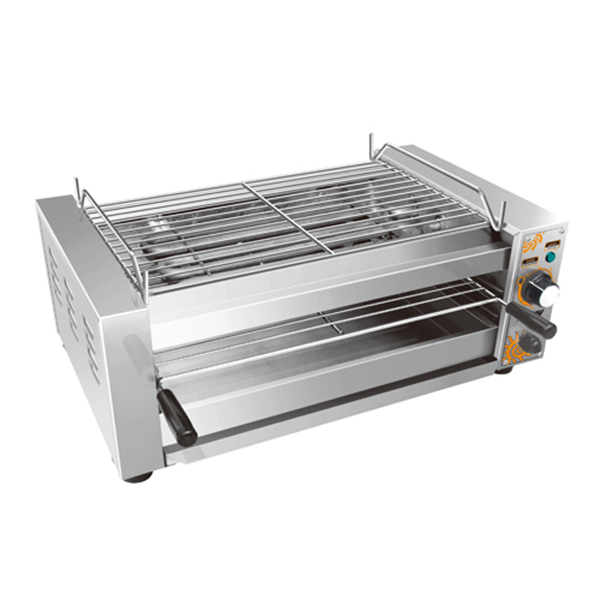
2. Labor-Intensive: Managing a charcoal fire requires more effort, from starting the coals to maintaining the heat and cleaning up ash事后, which can be more work than the push-button convenience of gas grills.
3. Temperature Control: Charcoal grills may not offer the same level of precision in temperature control as gas grills, which can make it more challenging to achieve consistent results, especially for delicate foods or recipes that require steady heat.
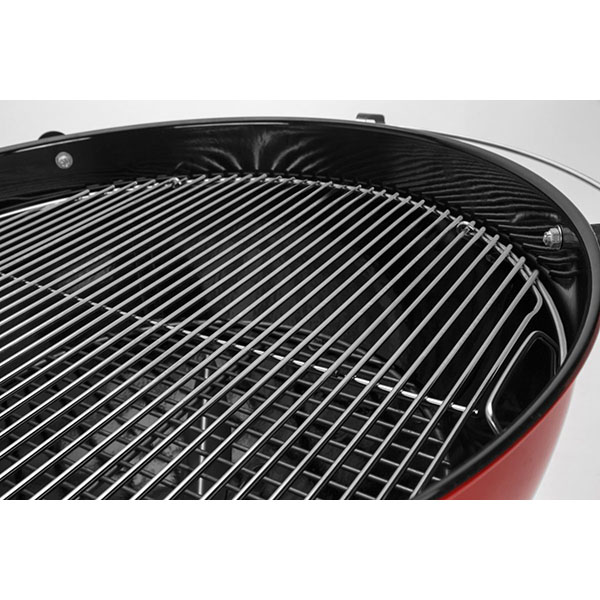
Understanding Gas Grills
Gas grills offer the modern convenience of quick ignition and precise heat control, making them a popular choice for backyard chefs and commercial kitchens alike. These grills are categorized by their fuel source, with propane models being highly portable and natural gas versions offering a constant supply. The operation of gas grills is straightforward: a simple ignition ignites the gas flowing through burners, heating the grates for cooking. Ideal for a variety of dishes, from steaks to seafood, gas grills provide consistent results and are a staple in many BBQ restaurants and outdoor kitchens.

Gas Grills – Pros vs. Cons
Precision Cooking: With gas grills, chefs can enjoy precise temperature control, a cooking essential that ensures dishes are cooked to perfection every time, whether for a family dinner or as part of a commercial kitchen's repertoire.
Reliable Results: Gas grills provide consistent cooking results, a critical advantage in commercial cooking equipment where uniformity in taste and texture is key to customer satisfaction.
Easy Maintenance: Less mess and cleanup are part of the appeal of gas grills, making them a preferred choice for those who value a streamlined cooking process and a tidy kitchen.
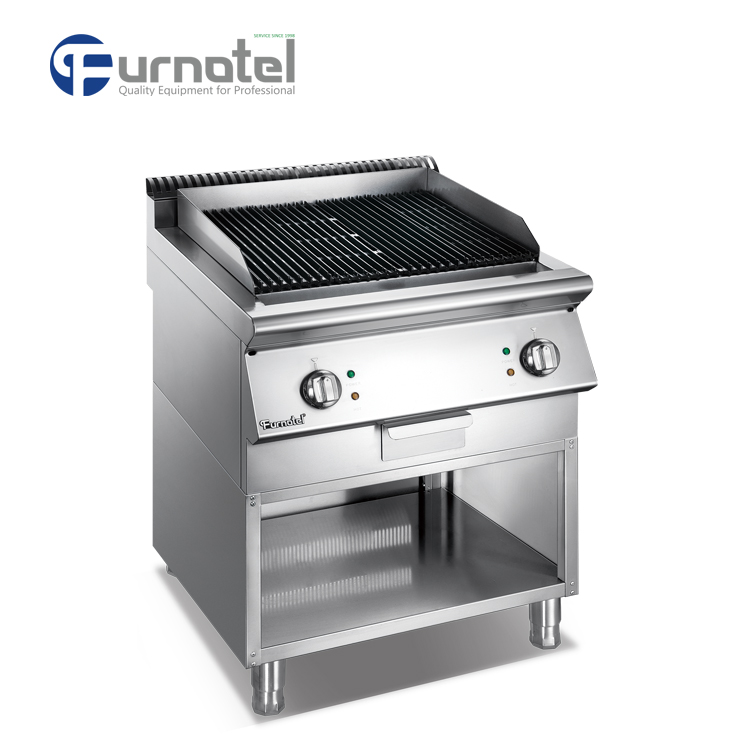
Flavor Trade-off: Gas grills might not offer the smoky, charcoal-infused flavor that some purists prefer, although this can be mitigated with the use of smoking chips or other flavor-enhancing techniques.
Propane Management: The need for propane tank storage and replacement can be an inconvenience, especially for those without easy access to replacement tanks or in situations where space is at a premium in commercial cooking equipment setups.
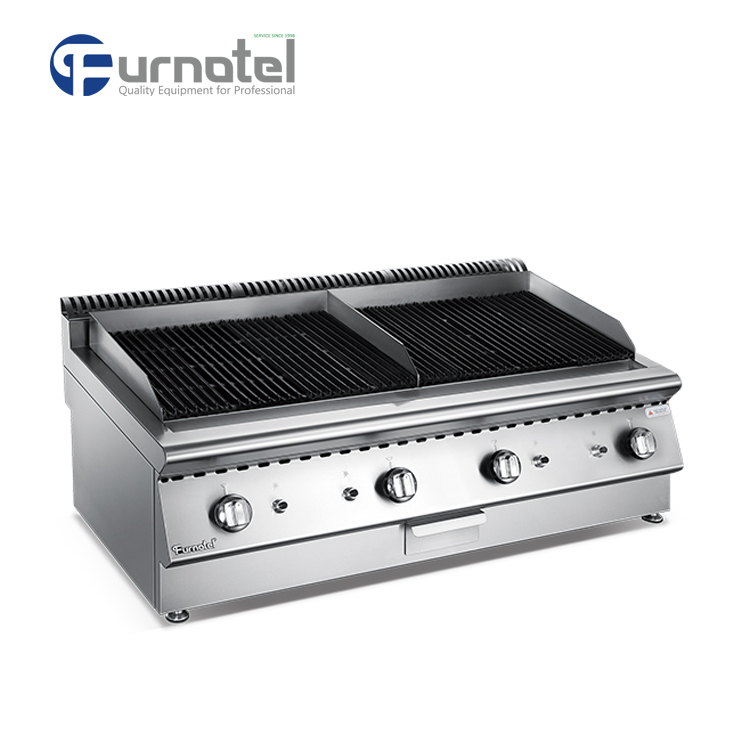
Grill Selection for Different Needs
Selecting the ideal grill hinges on aligning it with your specific needs. Personal preferences and lifestyle shape your choice, with gas grills suiting those who value convenience and quick setup, while charcoal options appeal to those desiring authentic smoky flavors. Space considerations are crucial; compact grills fit urban settings with limited outdoor areas, whereas larger models suit spacious backyards. Budget constraints ensure your investment aligns with financial plans, balancing quality and cost. Cooking frequency and food types also matter; avid grillers requiring versatility for various dishes benefit from adjustable heat settings and ample cooking surfaces. By considering these factors, you can choose a grill that enhances your culinary journey and meets your distinct requirements.
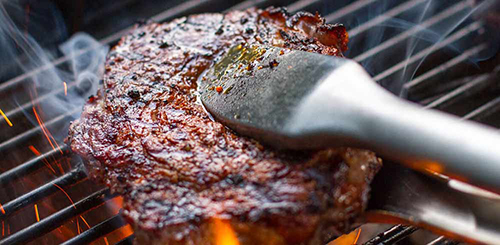
Conclusion
The choice between a charcoal and gas grill depends on your personal preferences and specific needs. Charcoal grills offer an authentic, smoky flavor that many grill enthusiasts cherish, while gas grills provide convenience and precise temperature control. At Shinelong, we understand the importance of quality and reliability in kitchen equipment. As a leading supplier of commercial kitchen solutions, we specialize in providing a wide range of equipment that meets the diverse needs of various establishments, from hotels and restaurants to educational and healthcare facilities. Our commitment to innovation and excellence ensures that our products not only meet but exceed industry standards, helping you achieve the best possible results in your culinary endeavors.


Since Shinelong was established in Guangzhou in 2008, we have made great strides in the fields of commercial kitchen planning and kitchen equipment manufacturing.
IF YOU HAVE ANY QUESTION,PLEASE CONTACT US.
WhatsApp: +8618902337180
WeChat: +8618924185248
Telephone: +8618924185248
Fax: +86 20 34709972
Email: info@chinashinelong.com
After-Sales Contact
Telephone: +8618998818517
Email: service@chinashinelong.com
Add: No. 1 Headquarters Center, Tian An Hi-tech Ecological Park, Panyu Avenue, Guangzhou, China.


















